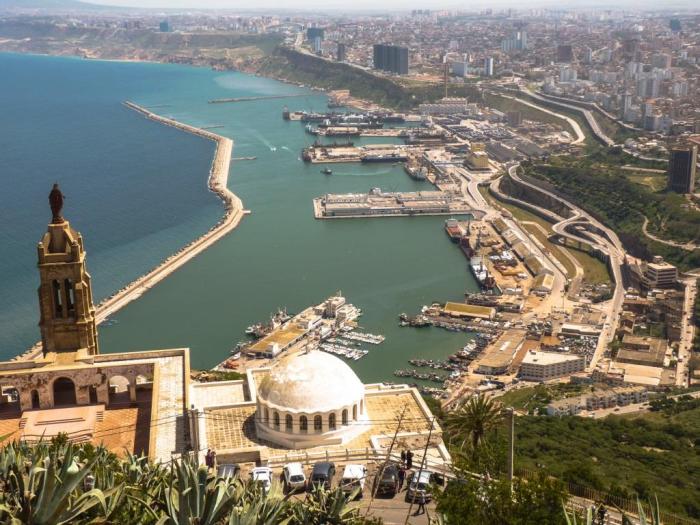Largest country in africa crossword – Embark on an intellectual odyssey as we delve into the captivating realm of the largest country in Africa through the lens of a crossword puzzle. This enigmatic nation, veiled in mystery and intrigue, beckons us to unravel its secrets and uncover its profound historical, geographical, and cultural tapestry.
Prepare to traverse vast landscapes, encounter diverse ethnicities, and navigate the intricacies of a vibrant economy. Our crossword journey promises to illuminate the very essence of this African behemoth, leaving you with an indelible imprint of its grandeur and significance.
Largest Country in Africa
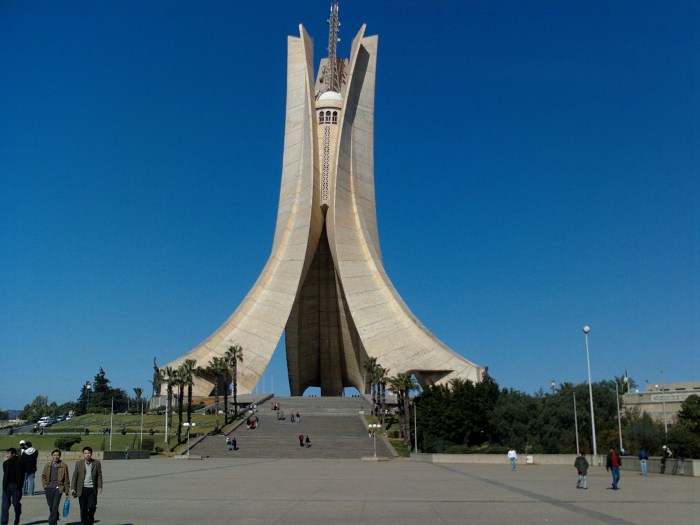
Algeria, the largest country in Africa, is a vast and diverse nation located in North Africa. It covers an area of 2,381,741 square kilometers, making it larger than the combined area of Mexico and Egypt.
Algeria’s large size is primarily due to its extensive desert regions, particularly the Sahara Desert, which covers much of the southern part of the country. The population of Algeria is estimated to be around 45 million, making it the ninth most populous country in Africa.
Factors Contributing to Size and Population
Several factors have contributed to Algeria’s large size and population, including:
- Historical factors:Algeria has a long and rich history, dating back to ancient times. The country was once part of the Roman Empire and later became a province of the Ottoman Empire. This history has resulted in a diverse population with a mix of Arab, Berber, and European influences.
- Geographic factors:Algeria’s location on the Mediterranean Sea has made it a crossroads of trade and commerce for centuries. The country’s extensive coastline and numerous ports have facilitated trade with Europe, Asia, and Africa.
- Economic factors:Algeria has a relatively strong economy, based on its vast oil and gas reserves. The country’s oil and gas exports have fueled economic growth and helped to increase the population.
Historical and Political Significance
The size of Algeria has had a significant impact on its history and politics. The country’s vast territory has made it difficult to govern and has led to a history of regionalism and political instability. Algeria has also been involved in several wars and conflicts, including the Algerian War of Independence from France and the Algerian Civil War.Despite
these challenges, Algeria has emerged as a major player in North Africa and the Middle East. The country is a member of the African Union, the Arab League, and the Organization of the Islamic Cooperation. Algeria has also played a key role in regional peace and security initiatives.
Geography and Climate
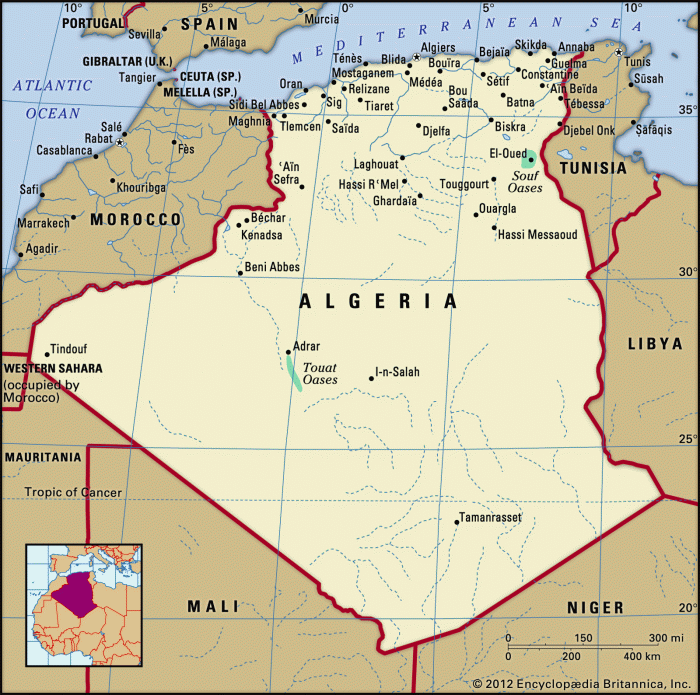
The largest country in Africa, spanning over 2.5 million square kilometers, boasts a diverse and awe-inspiring geographical landscape. This vast expanse is characterized by towering mountains, expansive deserts, and mighty rivers, each contributing to the country’s unique climate and vegetation.
The country’s geographical features have a profound impact on its climate. The presence of the Sahara Desert in the north influences the formation of hot and dry conditions, with temperatures reaching up to 50 degrees Celsius in some areas. In contrast, the southern regions experience a more temperate climate due to the influence of the Atlantic Ocean.
The country’s topography also plays a role in shaping its climate, with higher elevations experiencing cooler temperatures and increased rainfall.
Major Rivers
- Nile River:The Nile River, the longest river in the world, flows through the country’s northeast region, providing a vital source of water and supporting a diverse ecosystem.
- Congo River:The Congo River, located in the west, is the second-largest river in Africa, known for its immense volume and hydroelectric potential.
Mountain Ranges
- Ahaggar Mountains:The Ahaggar Mountains, located in the Sahara Desert, are a series of volcanic peaks that rise to over 3,000 meters.
- Atlas Mountains:The Atlas Mountains, situated in the north, form a natural barrier between the Sahara Desert and the Mediterranean Sea.
Deserts
- Sahara Desert:The Sahara Desert, covering the northern part of the country, is the largest hot desert in the world, characterized by vast sand dunes and extreme temperatures.
- Namib Desert:The Namib Desert, located in the southwest, is a coastal desert known for its unique sand dunes and diverse wildlife.
Environmental Challenges and Opportunities
The country’s diverse geography presents both challenges and opportunities for environmental conservation and sustainable development. The arid conditions in the north pose challenges for water management and agriculture, while the lush vegetation in the south requires careful stewardship to preserve its biodiversity.
The country has made significant strides in promoting renewable energy sources, particularly solar and wind power. These initiatives aim to reduce reliance on fossil fuels and mitigate the impact of climate change. Additionally, efforts are underway to protect and restore natural habitats, including the establishment of national parks and wildlife reserves.
Economy and Resources
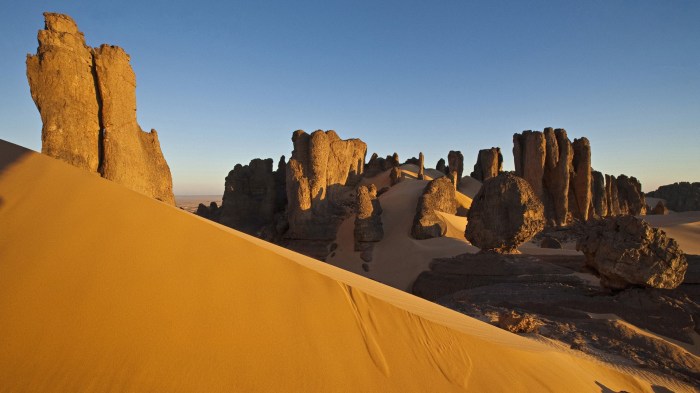
The largest country in Africa possesses a diverse economy with a substantial natural resource endowment.The country’s major industries include agriculture, mining, manufacturing, and tourism. Agriculture is the backbone of the economy, employing a significant portion of the workforce and contributing to a large share of GDP.
Key agricultural exports include coffee, tea, and cotton. Mining is another important industry, with the country holding vast reserves of minerals such as gold, diamonds, and copper. These minerals are exported globally and contribute significantly to foreign exchange earnings. Manufacturing is growing in importance, with a focus on industries such as textiles, food processing, and pharmaceuticals.
Tourism is also a major contributor to the economy, with the country’s diverse natural attractions, including wildlife safaris and historical sites, attracting a significant number of visitors.
Natural Resources
The country is blessed with abundant natural resources that play a vital role in its economic development. These resources include fertile agricultural land, vast mineral deposits, and significant water resources. The country’s agricultural sector benefits from a favorable climate and ample rainfall, supporting the production of a wide range of crops.
The country’s mineral wealth has attracted significant foreign investment and contributed to the development of a robust mining industry. The country’s water resources are used for irrigation, hydropower generation, and domestic purposes, supporting both agricultural and industrial activities.
Challenges and Opportunities for Economic Growth
The country faces several challenges to economic growth, including poverty, inequality, and infrastructure deficiencies. Poverty remains a major issue, with a significant portion of the population living below the poverty line. Inequality is also a concern, with a small elite controlling a large share of the country’s wealth.
Infrastructure deficiencies, particularly in transportation and energy, hinder economic development and increase the cost of doing business.Despite these challenges, the country has significant opportunities for economic growth. The government has implemented policies to promote economic diversification, attract foreign investment, and improve infrastructure.
The country’s young and growing population provides a potential labor force for future economic growth. Additionally, the country’s participation in regional economic organizations, such as the African Union and the East African Community, offers opportunities for increased trade and cooperation.
Culture and People
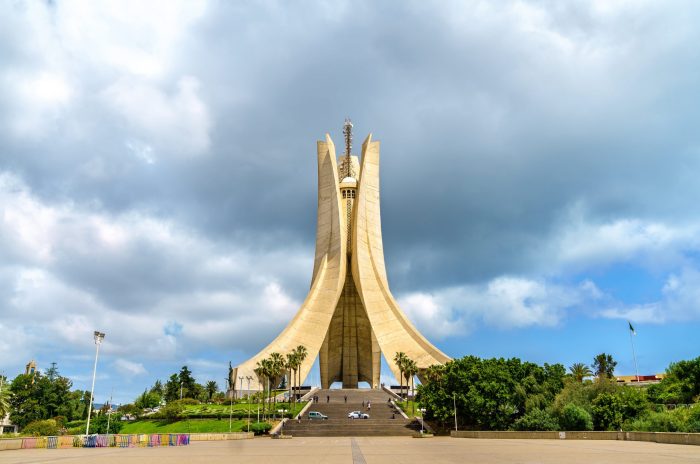
The largest country in Africa is a melting pot of diverse cultures and ethnic groups, each with its unique traditions, languages, and beliefs. This cultural diversity is a testament to the country’s rich history and its role as a crossroads of civilizations.
Religion plays a significant role in shaping the country’s culture. Islam is the predominant religion, followed by Christianity and traditional African religions. Religious festivals and holidays are celebrated with great fervor, and religious leaders hold considerable influence in society.
Languages, Largest country in africa crossword
The country is home to a vast array of languages, reflecting its cultural diversity. Arabic is the official language, but there are over 200 other languages spoken throughout the country, including Berber, Fulani, Hausa, and Yoruba.
Language is a powerful tool for cultural expression and identity. It shapes the way people think, communicate, and interact with the world around them. In the largest country in Africa, language is a source of both unity and diversity, bringing people together while also preserving their distinct cultural identities.
Challenges and Opportunities
Promoting cultural diversity and unity in the largest country in Africa presents both challenges and opportunities. One challenge is the potential for inter-ethnic conflict, which can arise from cultural misunderstandings or competition for resources. Another challenge is the preservation of traditional cultures in the face of globalization and modernization.
However, there are also significant opportunities to leverage cultural diversity for the benefit of the country. By fostering inter-cultural dialogue and understanding, the country can build bridges between different communities and create a more inclusive and harmonious society. Additionally, the country’s cultural heritage can be a valuable asset for tourism and economic development.
Frequently Asked Questions: Largest Country In Africa Crossword
What factors contribute to the large size of the largest country in Africa?
Its vast territory encompasses diverse geographical regions, including deserts, savannas, and rainforests, contributing to its expansive size.
How does the country’s geography impact its climate and vegetation?
The varied terrain influences rainfall patterns, resulting in diverse climatic zones and supporting a wide range of vegetation types.
What are some of the challenges facing the country’s economic growth?
Infrastructure development, political stability, and global economic fluctuations pose challenges to sustained economic expansion.
